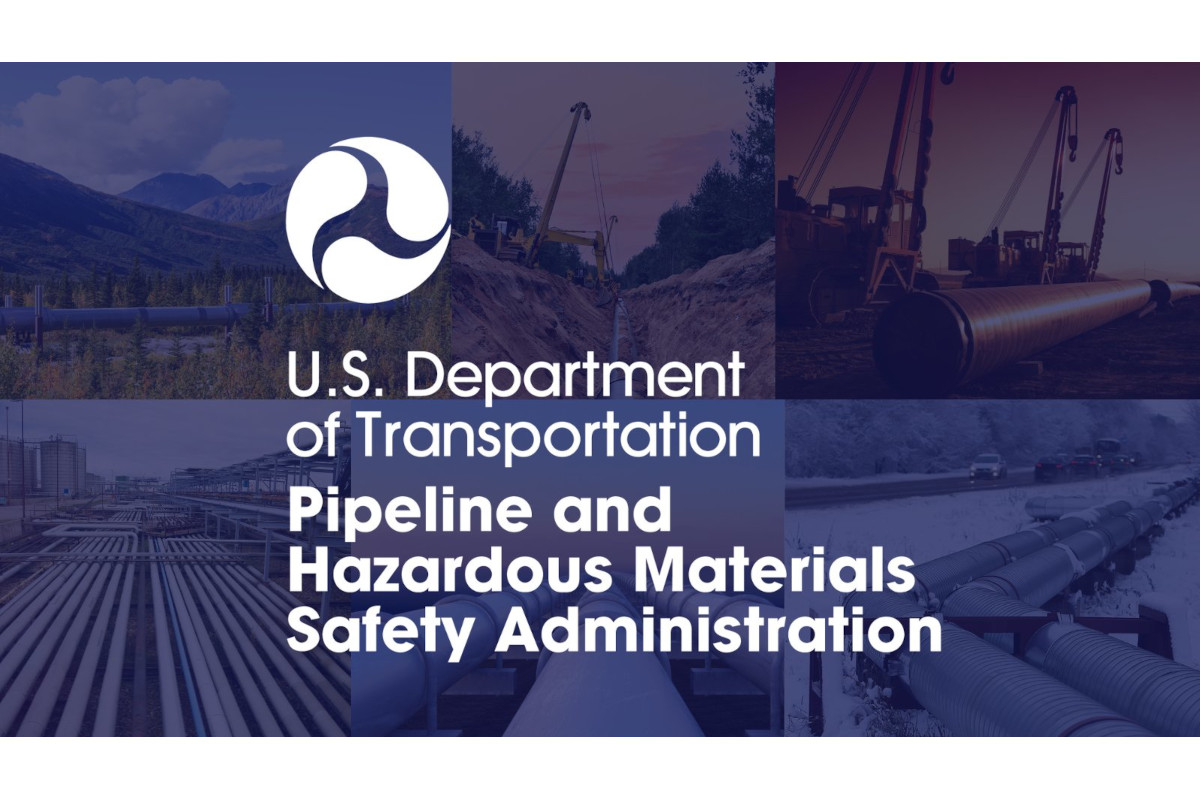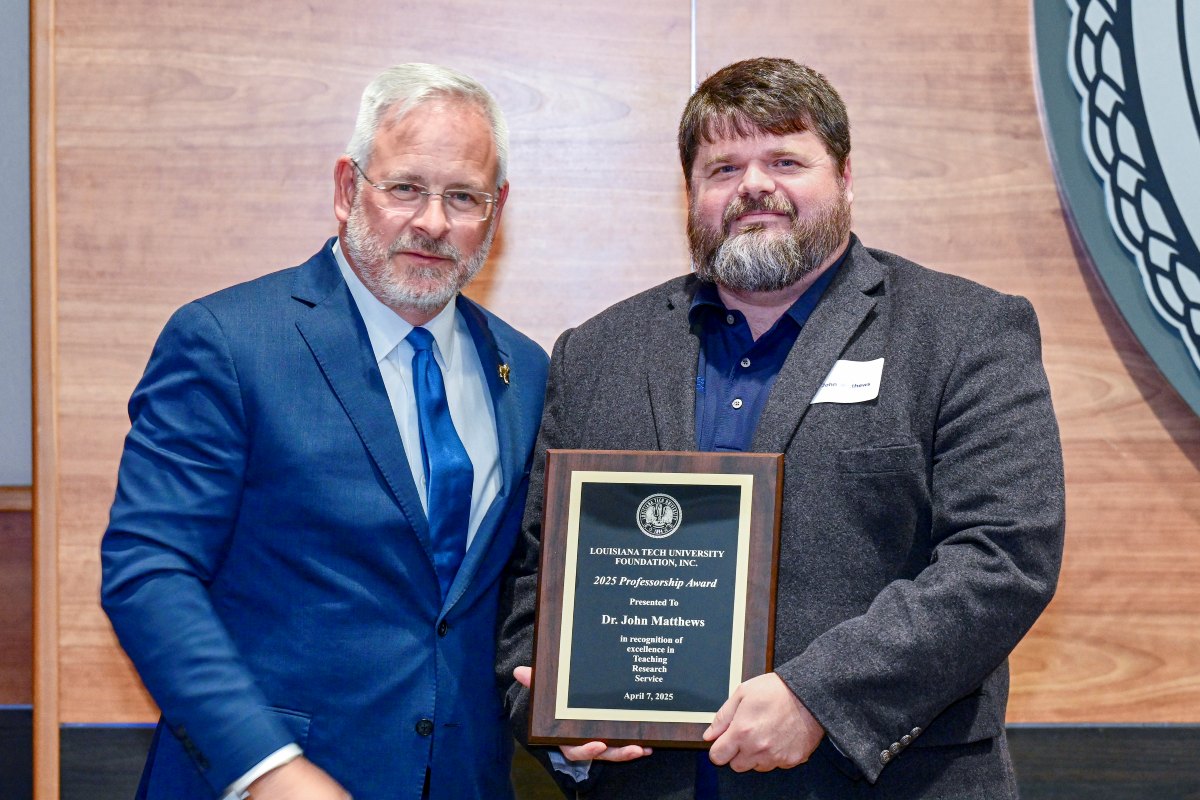
Bipartisan Committee Introduces the PIPES Act of 2025
Transportation and Infrastructure Committee leaders introduce bill to ensure safe, efficient U.S. pipeline network.
A bipartisan bill to reauthorize the Pipeline and Hazardous Materials Safety Administration’s (PHMSA’s) pipeline safety programs for the next four years was introduced. It aims to provide an efficient, effective framework to advance the safety of U.S. energy infrastructure. This introduction happened in the House of Representatives on Sept. 11, 2025.
H.R. 5301, the Promoting Innovation in Pipeline Efficiency and Safety (PIPES) Act of 2025, was introduced by Transportation and Infrastructure Committee Chairman Sam Graves (R-MO). It was also introduced by Transportation and Infrastructure Committee Ranking Member Rick Larsen (D-WA). The Railroads, Pipelines, and Hazardous Materials Subcommittee Chairman Daniel Webster (R-FL) and Railroads, Pipelines, and Hazardous Materials Subcommittee Ranking Member Dina Titus (D-NV) were also involved.
“The United States is blessed with abundant energy resources, and we must remain a global leader in the production and exportation of energy,” said Graves. “This bill helps ensure that PHMSA remains focused on its critical safety mission. So, we can transport our traditional and future forms of energy safely, efficiently, and responsibly. I want to thank Chairman Webster and Ranking Members Larsen and Titus for their bipartisan cooperation in helping develop this bill.”
Highlights of the PIPES Act of 2025
“The tragic 1999 Olympic pipeline explosion in my district has motivated me to improve pipeline safety throughout my entire time in Congress,” said Larsen. “This bipartisan bill brings us one step closer to achieving that. The PIPES Act will reinforce the safety oversight of millions of miles of existing pipelines. It will also support new carbon dioxide and hydrogen pipelines, and dedicate funding to replacing aging pipes. Thank you to my colleagues Chairman Graves, Chairman Webster, and Subcommittee Ranking Member Titus for their partnership. I look forward to the T&I Committee marking up this important bill.”
Improves and Reemphasizes PHMSA’s Safety Mission
The PIPES Act of 2025 recognizes that PHMSA’s mission is to advance pipeline safety. The bill directs PHMSA to move forward rulemakings allowed by Congress in previous laws to improve pipeline operations. It strengthens criminal penalties for pipeline damage or disruption and increases civil penalties on operators that violate safety rules. Furthermore, it authorizes the hiring of additional pipeline safety experts to address workforce shortages. It also updates best practices for preventing excavation damage. In addition, it establishes a voluntary safety information sharing system for pipeline operators. The bill directs the National Academies to study PHMSA’s integrity management regulations and their impact on safety, and more.
“Pipelines are the vital link that deliver America’s oil, gas, and hazardous materials to the market safely and efficiently,” said Webster. “The PIPES Act of 2025 helps restore American energy independence by reauthorizing PHMSA’s pipeline safety program for the next four years. Thus, ensuring this critical infrastructure remains secure and dependable. Safety is improved through proven industry standards and tougher penalties. These apply to those who seek to damage our energy infrastructure. In addition, it streamlines regulations so energy can move to markets without unnecessary delays.”
Fosters Collaboration and Transparency
The PIPES Act of 2025 improves clarity, transparency, and accountability at PHMSA. The bill requires PHMSA to maintain a list of industry standards considered for adoption. Additionally, the agency’s adjudication of those standards is included. It improves PHMSA’s public outreach and engagement efforts. A report of PHMSA’s inspection and enforcement priorities will be made publicly available. The bill permits pipeline operators to develop alternative methods of maintaining pipeline infrastructure rights-of-way. It also encourages the issuance of guidance to improve pipeline safety information sharing with the public. Furthermore, it increases the available funding for small and mid-sized educational institutions to participate in PHMSA’s competitive academic agreement program efforts, and more.
Advances Traditional and Emerging Fuels and Technology
The PIPES Act of 2025 supports the safe operations of both traditional and innovative, emerging energy sources and the technology to support them. It strengthens the foundation for an all-of-the-above American energy future. Provisions in the bill authorize a study of current hydrogen blending projects. It also requires PHMSA to complete a rulemaking on standards for the transportation and temporary storage of carbon dioxide. Moreover, it directs a study of composite pipeline material for potential hydrogen service. In addition, it creates a federal working group to clarify regulation and oversight of liquefied natural gas facilities, and more.
“There are 3.4 million miles of pipelines carrying hazardous materials in the United States. More than 20,000 of those are in Nevada,” said Titus. “The PIPES Act will protect our communities from pipeline incidents by modernizing and improving federal safety regulations. I am especially proud that this legislation raises the maximum civil penalty for pipeline safety violations by 25 percent. It ensures our first responders have the information they need to effectively respond to incidents. Additionally, it creates a new grant program to fund critical repairs to publicly owned natural gas pipelines.”
- Azuria Water Solutions Adds Waterline Renewal Technologies to its Roster
- Puris, Per Aarsleff Partner to Strengthen Lateral Rehab in Canada
- Vortex Companies Rebrands Grout Line to Maverick Grouts
- Vermeer Unveils VXT400, VXT500 Vacuum Excavators
- How to Reestablish Service Connections After In-Building CIPP Rehab
Next Up
2026 CUIIC Academy Spring Summit | March 3-5, 2026 | Mississauga, Ontario | Learn more









